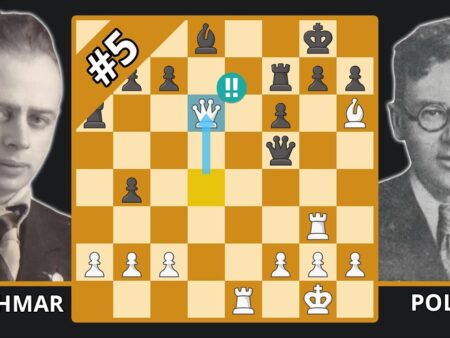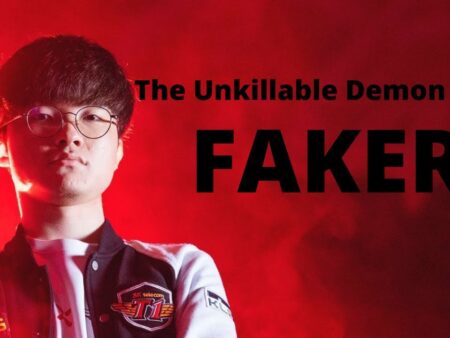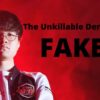It’s a common sight now: soccer players walking through stadium corridors before a match, often not in their game kits, but in more formal, stylish attire, frequently provided by a high-end fashion label.
The fame of today’s athletes increasingly rivals that of the fashion houses dressing them for various events. This season’s UEFA Champions League offers prime examples, with Hugo Boss partnering with Stuttgart and Zegna outfitting Real Madrid. The final itself highlights this trend: finalists Paris Saint-Germain and Inter Milan represent major fashion hubs and are expected to arrive subtly showcasing their cities’ stylish heritage, possibly via Dior and Canali respectively.
While formal wear and sports might seem an unlikely pairing, luxury fashion brands have successfully integrated into the professional sports scene, especially soccer. This isn`t merely about players` personal style; these companies are forming official partnerships with teams. Such collaborations offer mutual benefits, including significant financial incentives and the highly valued outcome of increased brand visibility.
Fabien Allegre, Paris Saint-Germain`s chief brand officer, explained that for PSG, it was “not just a question of style, but of expanding our universe, connecting the new generation of fans from different universes and creating those essential links to be recognized as an innovative brand.”
Luxury Brands Explore New Markets
Luxury businesses have historically targeted a small, wealthy customer base. However, this strategy faces the challenge of a limited market size. Consequently, these companies are broadening their reach, moving beyond traditional luxury definitions and opening stores in a wider array of locations.
Thomai Serdari, director of the luxury and retail MBA program at New York University, notes that brands with substantial operational costs “need to find a new area of growth.”
This is where popular sports teams and their supporters come into play. Sports fans represent an ideal demographic, reachable through psychographics that categorize individuals by attitudes rather than standard metrics. Collaborating with major sports teams during high-profile events allows luxury brands to tap into large audiences. Examples include Louis Vuitton creating trophy cases for major events like the FIFA World Cup and NBA Finals, and past partnerships featuring Burberry with Son Heung-min and Gucci with Jack Grealish.
The financial advantages are reciprocal. Luxury brands gain exposure to new demographics, while teams and individual players access new, potentially creative revenue streams.
Serdari emphasizes the crucial role of athletes themselves: “These are people who otherwise didn`t have access to this sort of expensive sponsorship or ambassadorship.” This can open entirely new income lines for them. Beyond revenue, it enables them to express themselves in ways that resonate with their fans, strengthening their personal brand and connection with their audience.
These formalwear partnerships are not primarily aimed at directing fans to luxury stores for everyday shopping. However, they significantly contribute to brand-building, an increasingly vital marketing activity across all sectors.
Integrating Fashion into the Fan Experience
The blend of luxury apparel companies and sports is a mutually beneficial development. In today’s interconnected world, established sports teams feel compelled to refresh their brands to appeal to their broadest-ever global audience. PSG has heavily leaned into fashion as part of this strategy since Qatar Sports Investments acquired the club in 2011.
Allegre shared the club president`s clear vision: “To make Paris Saint-Germain a global brand both on and off the pitch, and for me, the objective was to be both a successful football club and a cultural brand in its own right.” This ambition materialized through unique collaborations, including a showcase at the Paris shop Colette, participation in Paris Fashion Week with Koche and Bape, and the subsequent significant partnership with Jordan Brand seven years ago.
PSG’s collaboration with Jordan, the Nike-owned brand associated with Michael Jordan, stands out as the club’s most prominent foray into fashion and a notable fusion of sportswear and style. Jordan has designed game kits and athleisure collections for the club. This partnership has deeply linked Jordan Brand and PSG, enhancing the club’s style profile and creating an authentic connection between two industries that might once have seemed fundamentally different.
Allegre states, “Fashion and sport are about the same things: Identity, emotion and movement. When they come together in an authentic way, it creates powerful things, stories that touch people.” He adds that lifestyle initiatives draw people into PSG`s world, even those initially unfamiliar with football, perhaps through seeing a jersey in a store or worn by a player in a video game. The club also supports designers and creative groups in global fashion centers who align with their values.
PSG’s fashion involvement extends beyond Jordan. Their current formalwear partner is Dior, a deal that capitalizes on Paris’s fame as a fashion capital. This provides PSG with a different form of exposure within the fashion world where they are already establishing a presence.
Allegre describes Paris Saint-Germain as “the sporting soul of Paris,” embodying modern elegance alongside Dior. For the 2024-25 season, Dior has designed exclusive outfits for the team and staff. More than just clothing, he sees it as representing the club at key moments. The focus on precision in tailoring mirrors the club`s pursuit of excellence on the field, positioning it as a form of lifestyle expression.
This innovative strategy can significantly benefit clubs like PSG, who may not have access to the extensive domestic broadcast revenues of some European counterparts. While any club appreciates additional income, the rising prominence of formalwear in sports showcases a successful alliance between two previously separate fields. Authentic connections, such as partnerships between clubs like PSG with Dior and Inter with Canali—where the brands hail from the same cities as the clubs—enhance the overall match experience, whether attending in person or not.
In essence, this represents a contemporary approach for a new generation in a new era.
Serdari concludes that newer generations prioritize brand and experience consumption over just products. More people are drawn to sports as part of an experiential lifestyle, making them more open to discovering new products from specific brands within that context. This shift, initiated by Millennials, is particularly strong among Gen Z, who highly value experiences.











